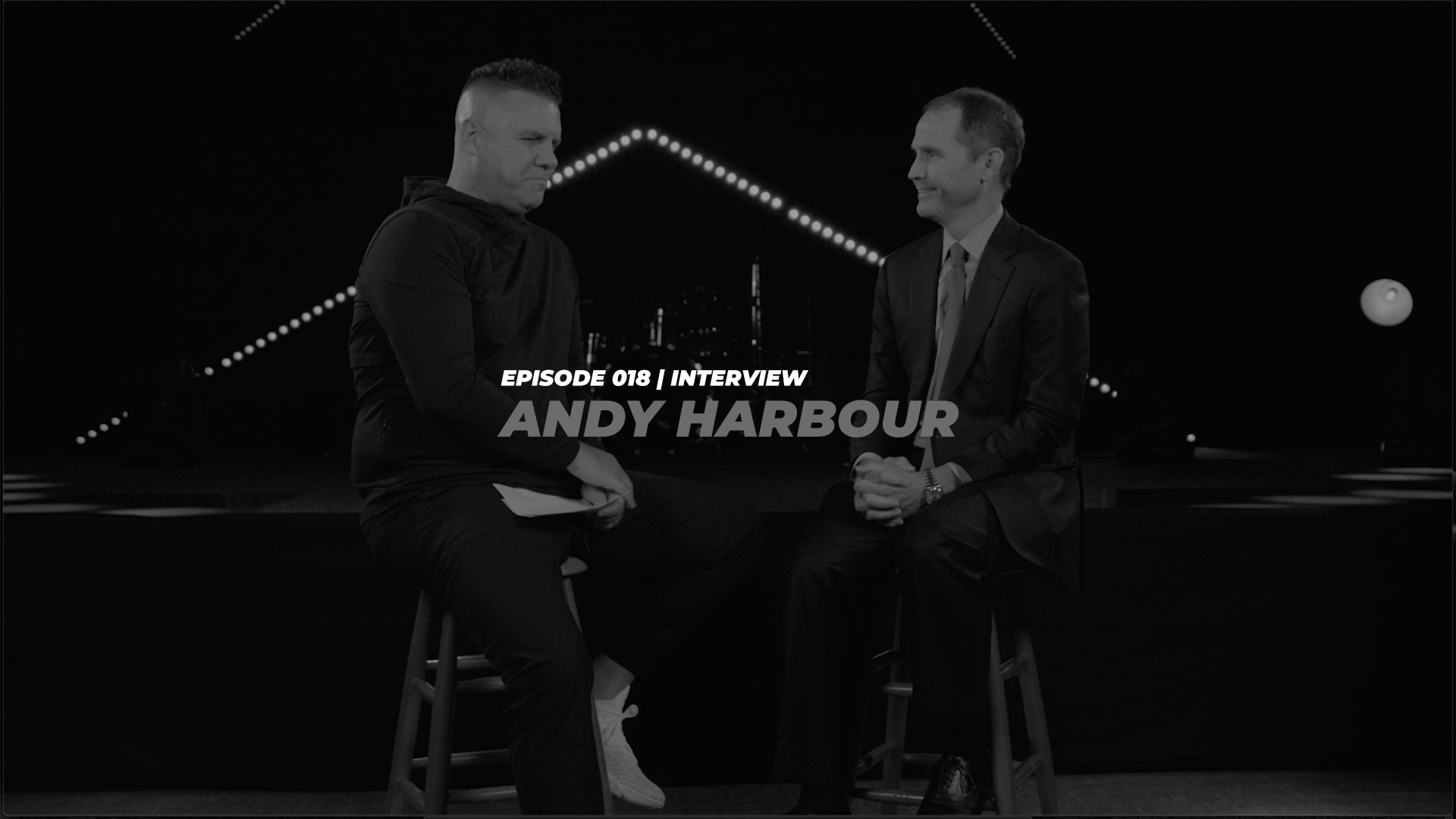The word integrity and Wall Street are not exactly synonymous with one another. On the contrary, they tend to be archenemies it seems. So can you have integrity and handle billions of dollars for others? INFLUNSR host Stuart Hall interviews accomplished financier Andy Harbour about just that, and some. Andy is a Managing Director with Graystone Consulting, a business of Morgan Stanley, as well as the co-founder of The Peachtree Group at Morgan Stanley in Atlanta.
Outside of the office, Andrew is an adjunct instructor in the University of Georgia’s Terry College Executive Program for over ten years, a NFLPA – Registered Player Financial Advisor, and a member of the Retirement Advisor Council which advocates for successful qualified plan and participant retirement outcomes.

““If 40 million people say a foolish thing, it does not become a wise one.””
W. Somerset Maugham, British Playwright & Novelist
American philosopher Eric Hoffer once wrote, “When people are free to do as they please, they usually imitate each other.”
No matter how confident we may appear on the outside, we often lack the courage to take the road less traveled. We love to claim our independence, but the reality is that we’re often influenced by the words and actions of the masses.
In the early 20th century, Italian immigrant Charles Ponzi capitalized on this. He duped investors seeking to get rich quickly out of millions, promising them major returns on their postal coupon investments. Despite his absurd guarantee of 50 percent profit in less than two months, he still had hundreds of investors from up and down the Northeast who didn’t want to be left behind.
Ponzi seized on what’s now known as the Velvet Rope Theory. We all covet a seemingly exclusive spot inside the velvet ropes and do not want to miss out on what could be a life-transforming opportunity, regardless of how toxic the reality might actually be.

We see this all the time in leadership. People mimic how other leaders behave and how other assistants comport themselves, believing that if we act the same way, we will have the same results.
How many business executives wear black turtlenecks simply because Steve Jobs did?
How many coaches put pencils above their ear not because they actually need them but because they’ve seen others do it and want to look the part?
Remember, just because someone else does something does not make that person right or mean that you must conform. You are neither right nor wrong just because the crowd disagrees with you. Being correct only comes from truth and correct reasoning, not from others’ perceptions.
You cannot lose comfort if a few people disagree with you. Stand for something you believe in, regardless of how many stand alongside you. Have the audacity to trust your knowledge and experience — even if few others do.
It’s time to bypass the velvet rope and start choosing to be defined by what is true.

Apart from the huge amount of money he stole from his clients, perhaps the biggest source of outrage with Bernie Madoff and the tragic story of the fallout from his documented Ponzi scheme is the way he presented himself as a pillar of the philanthropic and financial communities when, in fact, he was running a criminal enterprise..
In thinking about how Madoff scammed everyone who was closest to him — including his wife and children — the word integrity comes to mind.The first definition of the word integrity in the American Heritage Dictionary of the English Language is “steadfast adherence to a strict moral or ethical code.” In a case like Madoff’s it goes without saying that, by definition, integrity was not in the picture. The third definition of the word offers a more nuanced guidepost for those of us who are not inclined to engineer a massive financial fraud. Here it is: “the quality or condition of being whole or undivided, completeness.” The definition goes on to explain that the root of the word is the Latin word integritas. The word, integrate, has the same root. The primary definition for that word is “to make into a whole by bringing all parts together. To unify.”

A life lived with integrity is one that is integrated. It’s one in which everything hangs together and there is internal consistency. Yes: integrity is about honesty and ethics, but it’s more than that. It’s about living, leading and presenting yourself so that your actions in one domain are integrated with what you think, do and say in other domains. When you start to notice that your actions across domains are not integrated or unified that’s a sign that your integrity is at risk.
It is doesn’t seem that integration was much of a concern to someone like Bernie Madoff. He made a conscious decision to go in the other direction. Challenges to our integrity can sneak up on us. Regularly stepping back to assess your level of integration can be a useful way to stay true to yourself and guard your integrity.
What do you do to ensure that you live up to your goals around integrity?


